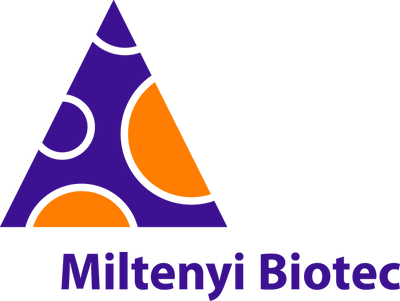
When developing chimeric antigen receptor (CAR) T cell therapy, researchers take T cells from a patient’s blood and engineer them to target specific antigens presented on cancer cells. These cutting-edge therapies have successfully fought blood cancers, killing the cells that they target. However, they are less effective at treating solid tumors due to the solid tumor microenvironment (TME), which suppresses the body’s immune system.
In a recent study published in Nature Medicine, Joseph Fraietta, a professor at the University of Pennsylvania, and his colleagues found a way to “armor” CAR T cells, giving them the ability to get past the immunosuppressive TME found in lethal metastatic castration-resistant prostate cancer.1 “I've always wanted to do something aggressively translational,” said Fraietta. “It's always about how do we move into human trials to make a therapy that's really going to help cancer patients?”
One of the hallmarks of the immunosuppressive microenvironment is the inhibitory factor Tgfß1, which paralyzes the function of existing and engineered T cells. Fraietta and his colleagues wanted to prevent these CAR T cells from being poisoned by Tgfß once they get into the tumor microenvironment. The researchers engineering CAR T cells to overexpress a dominant-negative Tgfß receptor, which binds the Tgfß1 ligand without activating the signaling pathway. Mice treated with these armored CAR T cells had significant increases in T cell proliferation and decreases in tumor burden. In a phase I clinical trial primarily conducted in older prostate cancer patients, the researchers showed that their armored CAR T cell therapy was safe and that it induced a significant antitumor response.
CAR T cell therapy does not live and end with heme malignancies; we're going to be able to crack open solid tumors soon.
- Joseph Fraietta, University of Pennsylvania.
“What this study does well is it addresses probably one of the most formidable barriers related to CAR T cell therapy in patients, and that's overcoming the hostile immune suppressive environment within a tumor,” said Gregory Lesinski a professor at Emory University in Georgia who was not involved in the study, “and importantly in older patients…just the feasibility that it can be done.”
“The thing that clinically fascinated me was when we infuse the cells into patients, and in some of the medium and higher-level dose cohorts, we were seeing cytokine release syndrome rather acutely, which is not typical,” said Fraietta. Cytokine release syndrome occurs when CAR T cells undergo successful proliferation during therapies for blood malignancies due to high antigen availability in the bloodstream. In this clinical trial, the occurrence of cytokine release syndrome in several patients indicated a high level of T cell proliferation not normally seen during solid tumor treatments and showed that armored CAR T cells can effectively access the specific antigens released by the solid tumor without getting paralyzed by the increased Tgfß signaling in the immunosuppressive TME.
This early clinical trial showed that it is possible to circumvent the immunosuppressive solid tumor microenvironment and represents a significant step forward in CAR T cell solid tumor therapy. “We have a lot of hurdles, but I am hopeful, I think we're going to get there. CAR T cell therapy does not live and end with heme malignancies; we're going to be able to crack open solid tumors soon,” said Fraietta.
References
- V. Narayan et al., “PSMA-targeting TGFβ-insensitive armored CAR T cells in metastatic castration-resistant prostate cancer: A phase 1 trial,” Nat Med, 28:724-34, 2022.
- F. Marofi et al., “CAR T cells in solid tumors: Challenges and opportunities,” Stem Cell Res Ther, 12:81, 2021.





